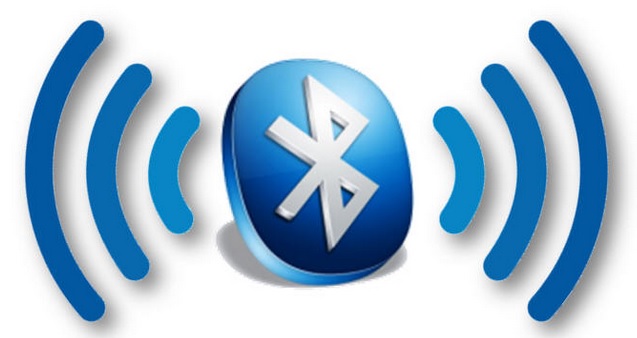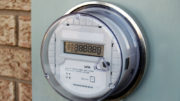About two years ago I wrote an article telling you about Bluetooth LE. At the time this was a fairly new technology. Bluetooth has been around since the early 2000s, but Bluetooth LE seemed like it was poised to become a major player in the smart home business.
Flash forward to 2018, almost 2019. Most smart home products run over Wi-Fi. In fact Bluetooth has made almost no strides into the smart home space unless you count Tesla cars which use the technology for a smart key.
Once again Bluetooth is sort of the odd person out, and it’s hard to know exactly why.
The broken promise of Bluetooth
Bluetooth came out in 2002, before most people even had Wi-Fi. Wi-Fi was technically first, having been invented in 1998, but Bluetooth was actually first to the market on personal digital assistants and hands-free devices. However, Bluetooth’s ambition to become a general-purpose replacement for Wi-Fi never quite happened.
You see, it’s possible to use Bluetooth for almost anything you can use Wi-Fi for. You can send files, and in theory you could even browse web pages if the technology were implemented right. Yet in roughly 16 years of using Bluetooth not once have I sent a file with it. It’s not that it’s so hard, it’s just that Wi-Fi is easier.
Bluetooth is designed to be short-range, that’s true, but the original Wi-Fi systems really didn’t carry more than 20 feet anyway. Today’s Bluetooth systems carry that far and more.
Wi-Fi is faster and that’s increasingly more important for things like video streaming, but Bluetooth is easier to connect. That gives it an edge in your car when you want to connect your phone, for example.
Bluetooth doesn’t age well
However, any advantages Bluetooth has when working with other devices. tend to fall apart when there are implementation problems. A few years ago I told you how I hate Bluetooth, because poor implementation has made it hard to use, especially with older devices. And the problem with Bluetooth in cars is that cars last a lot longer than phones. My 10-year-old car has nearly useless Bluetooth now, because Bluetooth standards have evolved. With the last two operating system versions, I’ve noticed my phone is now starting to have problems with my 3-year-old car too. It’s very disappointing to see something like this because I’m not going to keep a 10-year-old phone just to use it in the car. At the same time I’m not going to get a new car every 18 months when I get a new phone, or every year when I get a new operating system.
Bluetooth for smart home?
Bluetooth’s big advantage for smart home products is low energy use. With Bluetooth LE, you can have a standalone device that doesn’t need charging for weeks. That may come in handy when we get to the point where all our clothes, all our furniture, all our possessions are smart-home enabled.
However, at this point in time most of our smart home products already have access to power. Smart outlets, smart bulbs, assistant devices like an Echo Dot or Google Home product… all of these have easy access to as much power as they need. They don’t even need much power. However, because there is access to power, it becomes a lot easier to use Wi-Fi to connect. Apps on the phone transfer all the information the device needs.
So, it looks like for now, that’s another market Bluetooth is locked out of.
So what about…
One thing about Bluetooth that should be really desirable is secure file transfers. Yet almost no one uses this feature. Why? Because although it’s secure, it’s not incredibly, incredibly secure. You can’t really use Bluetooth for mobile payments, for example. It would be easily hacked if you did it a lot. On the other hand, NFC (the technology behind Apple Pay) is not only very secure but also really requires you to be very close to the thing you’re connecting to. That’s its own form of security. So in this case Bluetooth’s range ends up being a negative.
And yet…
I’m actually pulling for Bluetooth in a way. Why? Because at this point it’s in so many cars, headphones, and other devices that if it fails we’re all in trouble. It’s not like Bluetooth would just stop working, but if something else were to come along that was vastly better, there would be a tipping point. At some point your car would stop working with your phone unless you upgraded your car. At some point your favorite headphones wouldn’t pair with your new phone. That’s not a win.
So please, here’s an open request to the people who control the Bluetooth spec: Stop thinking it’s going to be the one technology to rule them all. Just make it work really well with mice, headphones, speakers, and cars. Stop trying to do everything else. Make it work really well with those things and then stop developing it so that it doesn’t make your car obsolete.
Oh yeah. One more thing. The fine folks at Solid Signal would sure love it if I mentioned that you can get a lot of great smart home equipment at solidsignal.com.





